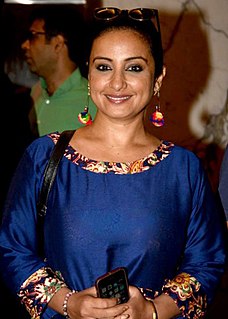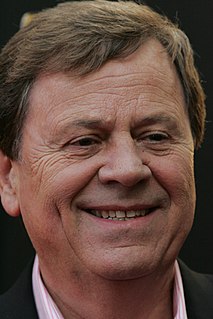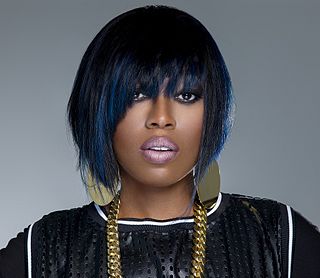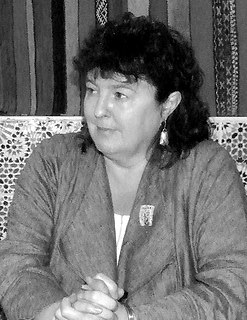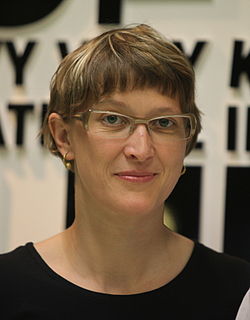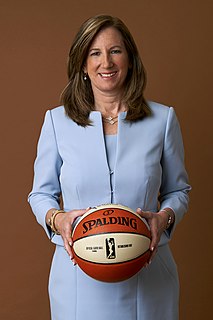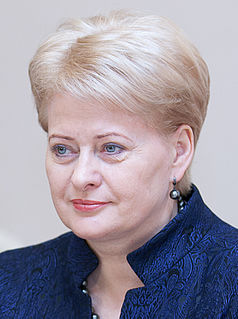A Quote by Divya Dutta
Definitely, India is a male-dominated country. Our films and society are also male-dominated and will always be. But its backbone will always be women because women give strength.
Related Quotes
I am not saying that a female-dominated or Amazon society based on the oppression of men is any more "just" than is a male-dominated society based on the oppression of women. I am merely pointing out in what ways it is better for women. [¶] Perhaps someday a choice between forms of injustice will not be necessary.
I joined a very male-dominated profession back in 1986. I wanted to work with big multinational Fortune 500 companies, but you don't come into the firm and automatically get those. So, quite frankly, a key to my success was that I found male mentors and male sponsors. I think some women are afraid to say that.
Men are now also in the minority among the entering traditionally male-dominated areas such as law and medicine. Finance and politics are still firmly in male hands, but in many other areas it seems the proportions are shifting in women's favor. Boys are doing worse at school and university. It's only logical that this imbalance, which can be observed in most industrialized countries, will change conditions on the job market.
